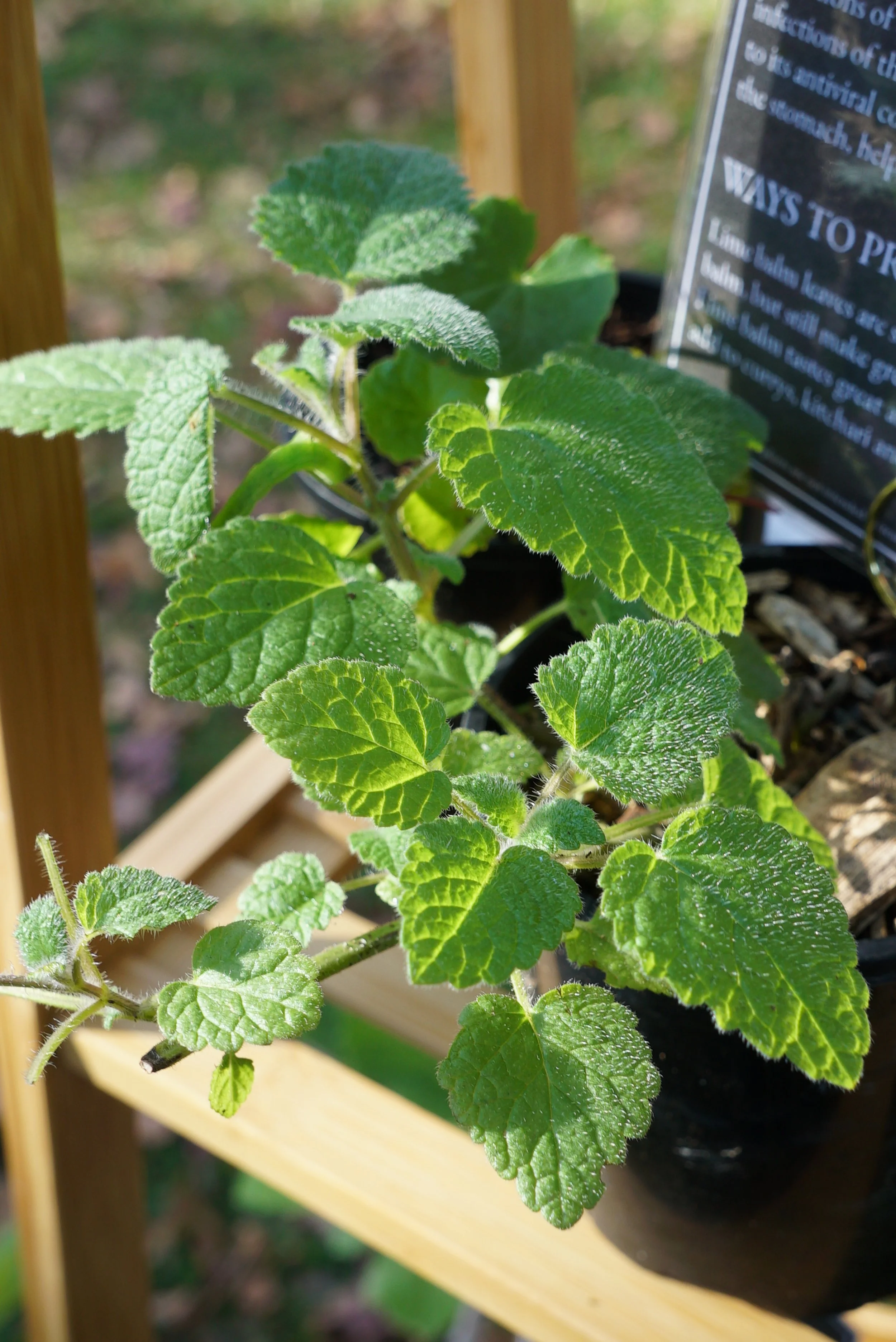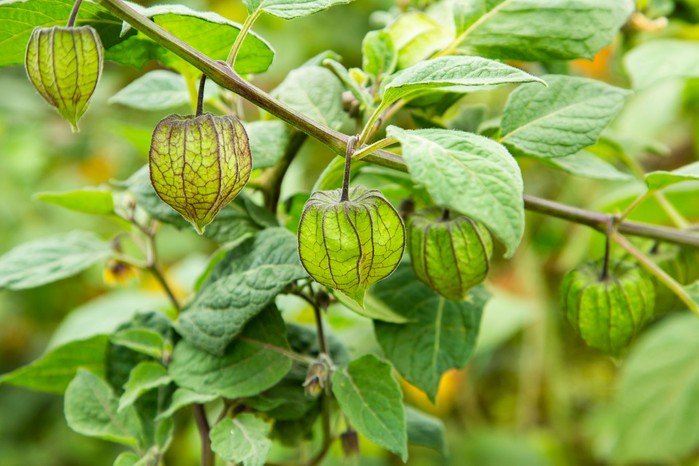 Image 1 of 1
Image 1 of 1


Cardoon Plant
“Cynara cardunculus”
Pot Size: 1L
Benefits: Cardoon, a close relative of the globe artichoke, has been cultivated for centuries as both a culinary delicacy and an ornamental feature in gardens. Its leaf stalks are a rich source of vitamins and minerals, including potassium, magnesium, and fiber, supporting digestion and overall health. Traditionally, cardoon has been used to stimulate appetite and improve liver function due to its high cynarin content.
Uses: Cardoon is valued for its edible leaf stalks, which are blanched and used in stews, soups, and gratins. The flower buds, resembling artichokes, can also be consumed. In addition to its culinary applications, cardoon is used in herbal medicine for liver detoxification and bile stimulation.
Growing Conditions:
Season: Spring to Autumn/Perennial
Soil: Rich, well-draining, and slightly alkaline soil
Watering: Moderate watering, allowing soil to dry slightly between waterings
Position: Full sun
Fertilizing: Regular applications of compost or a balanced organic fertilizer
Use: Grown for its edible stalks and dramatic silvery foliage, cardoon makes an excellent ornamental feature in garden beds.
Growing Tips: Cardoon thrives in warm climates but requires protection from severe frost. Blanching the stalks improves their tenderness and flavor, achieved by wrapping them in straw or covering them with cardboard several weeks before harvest.
Companion Plants: Suitable companions include sun-loving herbs like rosemary and lavender, as well as low-growing vegetables such as lettuce or spinach. Avoid planting near other large or sprawling plants, as cardoon can dominate its space.
“Cynara cardunculus”
Pot Size: 1L
Benefits: Cardoon, a close relative of the globe artichoke, has been cultivated for centuries as both a culinary delicacy and an ornamental feature in gardens. Its leaf stalks are a rich source of vitamins and minerals, including potassium, magnesium, and fiber, supporting digestion and overall health. Traditionally, cardoon has been used to stimulate appetite and improve liver function due to its high cynarin content.
Uses: Cardoon is valued for its edible leaf stalks, which are blanched and used in stews, soups, and gratins. The flower buds, resembling artichokes, can also be consumed. In addition to its culinary applications, cardoon is used in herbal medicine for liver detoxification and bile stimulation.
Growing Conditions:
Season: Spring to Autumn/Perennial
Soil: Rich, well-draining, and slightly alkaline soil
Watering: Moderate watering, allowing soil to dry slightly between waterings
Position: Full sun
Fertilizing: Regular applications of compost or a balanced organic fertilizer
Use: Grown for its edible stalks and dramatic silvery foliage, cardoon makes an excellent ornamental feature in garden beds.
Growing Tips: Cardoon thrives in warm climates but requires protection from severe frost. Blanching the stalks improves their tenderness and flavor, achieved by wrapping them in straw or covering them with cardboard several weeks before harvest.
Companion Plants: Suitable companions include sun-loving herbs like rosemary and lavender, as well as low-growing vegetables such as lettuce or spinach. Avoid planting near other large or sprawling plants, as cardoon can dominate its space.











